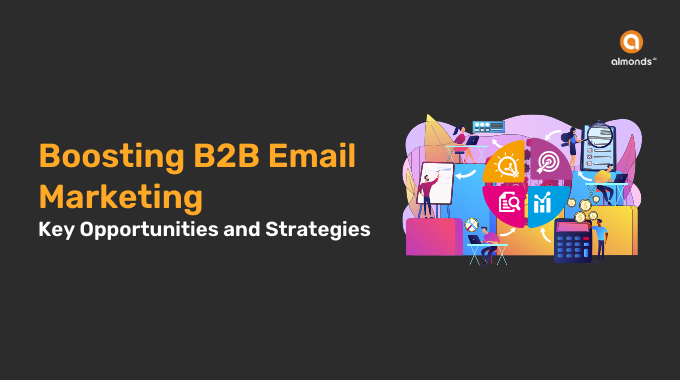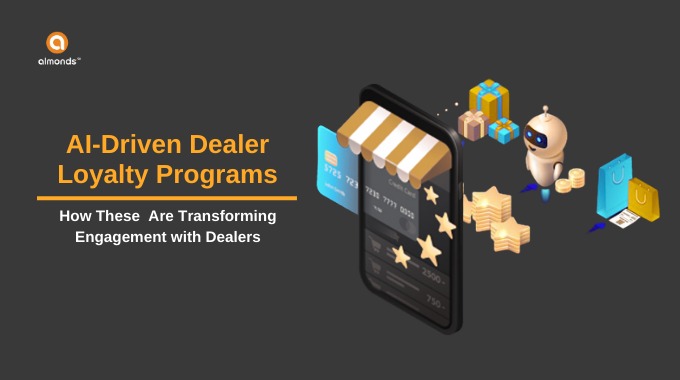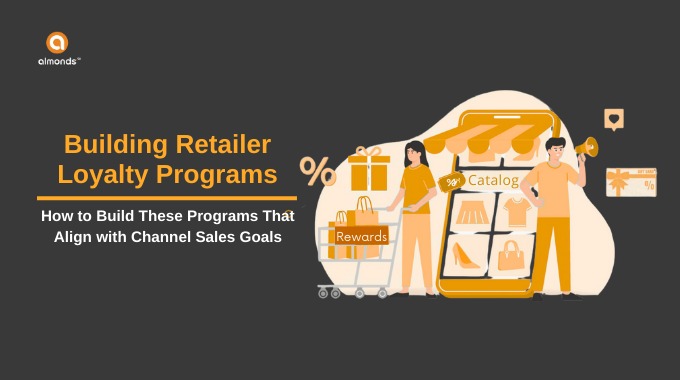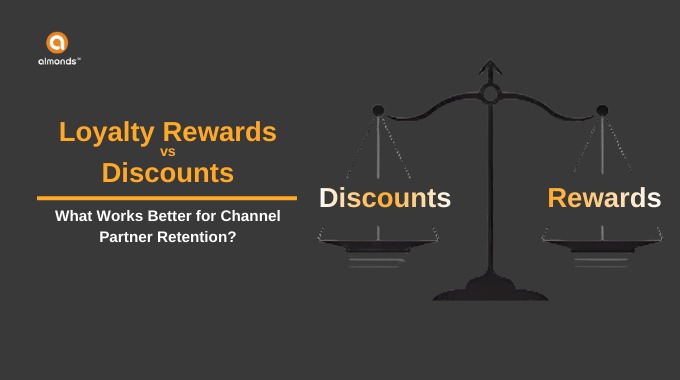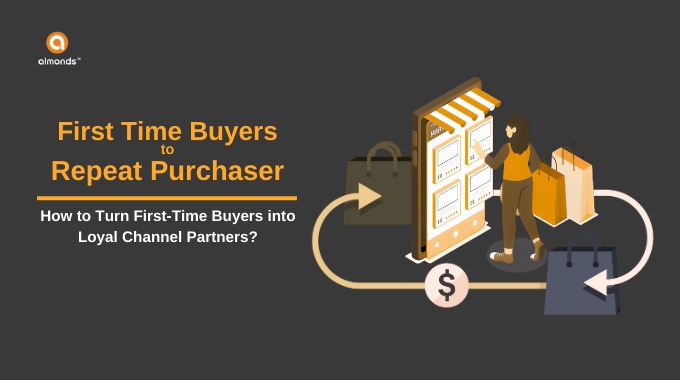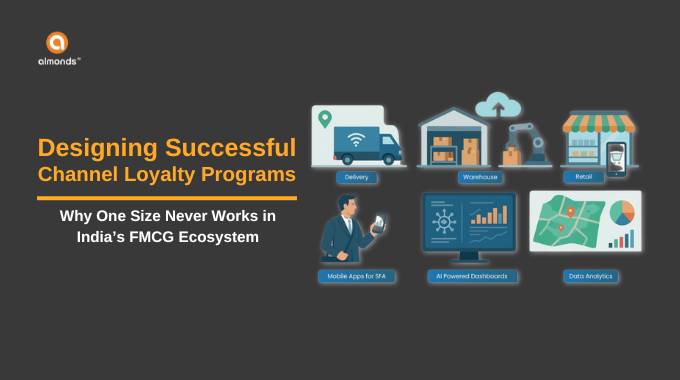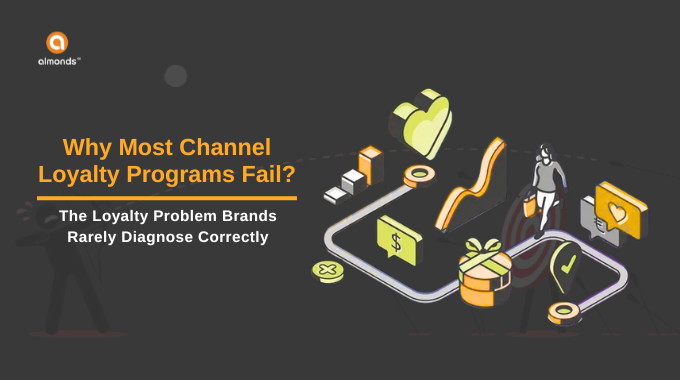Email remains a powerful tool for B2B marketers, but a significant gap exists between B2C and B2B practices. While B2C brands have embraced innovative email marketing strategies, many B2B companies are lagging behind. This presents a substantial opportunity for B2B marketers to elevate their email campaigns and drive better results.
The B2B Email Marketing Landscape
A recent study by Litmus and Oracle revealed a stark contrast in email marketing adoption between B2B and B2C brands. While B2C companies have fully embraced advanced email marketing tactics, B2B counterparts are often playing catch-up. This disparity offers B2B marketers a unique opportunity to differentiate their brands and improve campaign performance.
By understanding the key differences in email marketing strategies between B2B and B2C sectors, businesses can identify areas for improvement and implement targeted strategies to enhance their email campaigns.
Trends B2B Brands Lead On
The report highlights that B2B brands are ahead in certain areas:
- Account-Based Marketing (ABM): B2B brands are 206% more likely to use ABM compared to B2C brands. ABM helps in targeting specific accounts and personalizing the marketing approach to meet their needs.
- Video Marketing: B2B brands use video in email marketing 76% more than B2C brands. Videos can effectively convey complex information and engage recipients.
- Sentiment Trackers: Usage is 26% higher in B2B marketing, helping brands understand customer emotions and tailor their communications accordingly.
Trends B2B Brands Lags
While B2C brands have been at the forefront of leveraging technology and data for enhanced customer engagement, the B2B landscape is gradually catching up. However, there’s still a significant gap in the adoption of advanced strategies. Let’s delve into specific areas where B2C brands are outpacing their B2B counterparts:
AI and Data-Driven Personalization
- AI-Powered Recommendations: While B2C brands are 286% more likely to utilize AI for product and content recommendations, B2B companies are still lagging in leveraging this technology to personalize experiences for their customers.
- Data-Driven Segmentation: B2C brands are more adept at segmenting their audience based on detailed data, allowing for more targeted marketing campaigns. B2B companies often rely on broader industry segments without granular personalization.
Email Marketing and Automation
- Automated Email Sequences: B2C brands have a 174% higher propensity to use machine-triggered emails, 157% higher for operations-triggered emails, and 124% higher for date-triggered emails, creating more personalized and relevant email journeys.
- Email Optimization: B2C brands are more likely to adopt email optimization techniques like HTML or CSS for interactivity (101% more), email annotations and schema (96% more), and emoji usage in subject lines (40% more).
- Email Timing and Delivery: B2C brands are more adept at optimizing send times (45% more) and using action-triggered emails (42% more), ensuring emails reach recipients at the optimal time.
Interactive and Engaging Experiences
- Interactive Content: B2C brands are more likely to use live or real-time content (101% more) and animation (35% more) to create engaging experiences.
- Pop-ups and Subscriber Acquisition: B2C brands are 75% more likely to utilize website pop-ups for capturing subscriber information, indicating a more aggressive approach to lead generation.
Customer Retention and Re-engagement
- Re-engagement Strategies: B2C brands are 33% more likely to employ subscriber re-engagement programs and inactivity management strategies to win back lost customers.
- Dark Mode Optimization: B2C brands are more likely to offer dark mode options, catering to user preferences and improving overall user experience.
Data-Driven Optimization and Testing
- Multivariate Testing: B2C brands are 102% more likely to use A/B and multivariate testing to optimize campaigns and website elements, leading to more refined targeting and personalization.
- Data-Driven Insights: B2C brands often have more advanced data analytics capabilities, allowing them to track performance metrics, identify trends, and make data-driven decisions.
- While B2B companies are making strides in their marketing efforts, there’s a clear opportunity to close the gap with B2C counterparts by adopting these strategies and leveraging technology to enhance customer experiences.
Key Opportunities for B2B Brands
Here are four key opportunities for B2B brands to enhance their email marketing strategies:
- Modern Loyalty and Rewards Programs: Traditional transaction-based loyalty programs are less effective for B2B brands. Instead, modern loyalty programs should reward customer engagement behaviors such as reading blog posts, attending webinars, and participating in newsletters. By incentivizing these actions, B2B brands can strengthen customer loyalty and advocacy.
- Triggered Emails: Automated emails triggered by specific actions, dates, or events are highly effective. B2B brands should explore opportunities to automate emails for various customer interactions, reducing friction and enhancing the customer journey.
- Website Pop-ups for Subscriber Acquisition: Although pop-ups can be unpopular, they are highly effective for acquiring subscribers. By making pop-ups respectful and user-friendly, B2B brands can enhance their effectiveness without irritating visitors.
- Dark Mode Optimization: With approximately 35% of emails viewed in dark mode, optimizing emails for this setting is crucial. Ensuring that text and other content remain legible in dark mode can improve the email experience for many users.
Conclusion
B2B brands have significant opportunities to improve their email marketing programs by adopting strategies that have proven successful for B2C brands. By leveraging modern loyalty programs, automated triggered emails, effective subscriber acquisition tactics, and dark mode optimization, B2B marketers can enhance engagement and drive better results.
Discover how Almonds Ai can help your business implement cutting-edge email marketing strategies. Our platform offers data-driven insights and advanced technologies to elevate your email marketing efforts. Book a demo today to explore our comprehensive solutions and start building stronger customer relationships.
